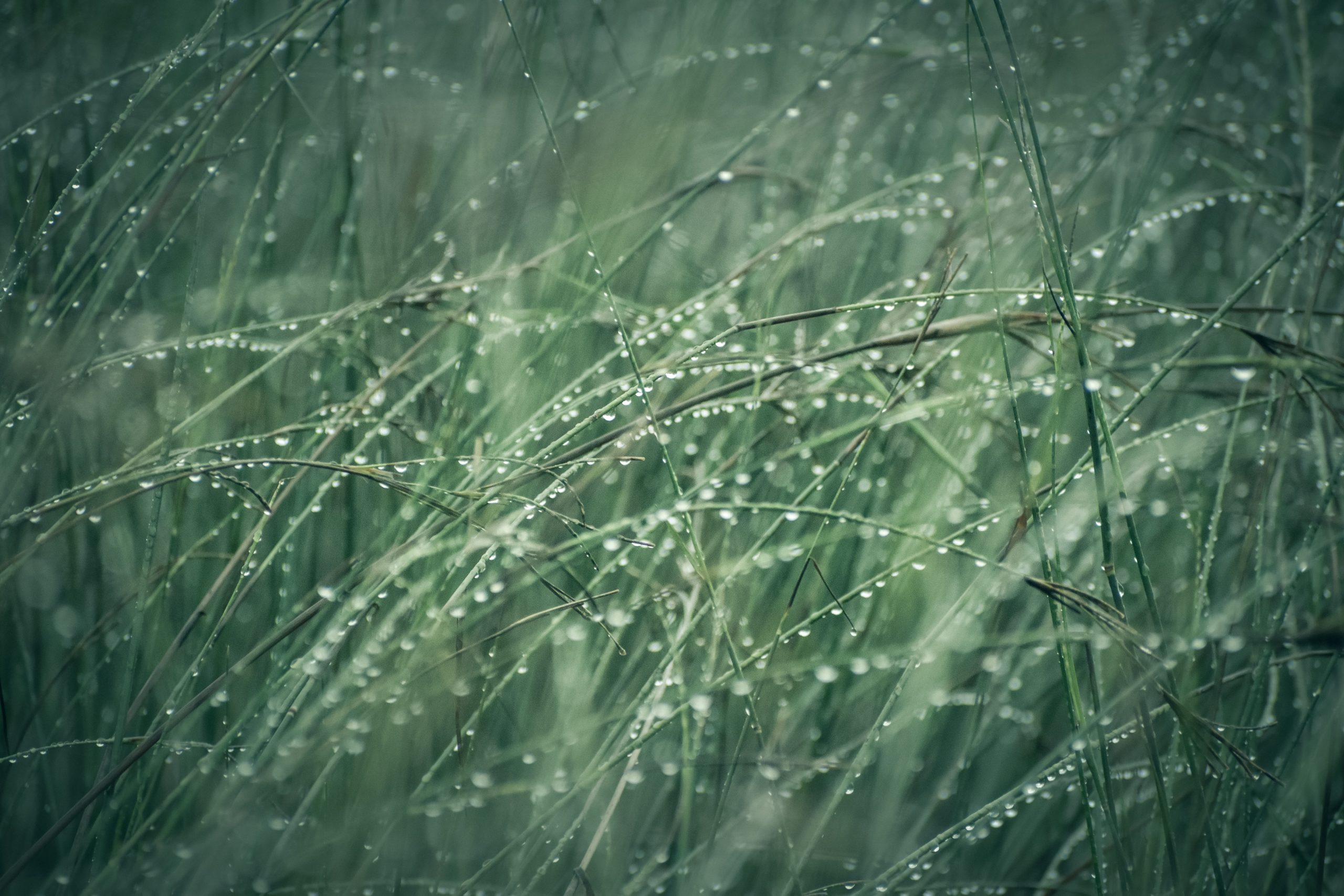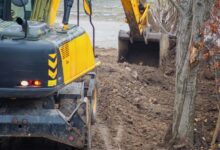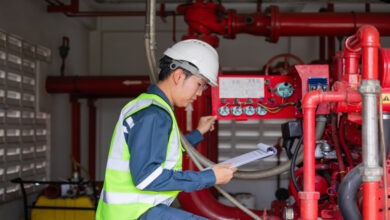
How To Use Rainwater On Your Farm
These days, learning to be as efficient as possible on your farm can lead to many unique benefits. One of the most significant advantages is that you’ll likely save a lot of money when you start using more efficient processes. Saving on utility bills such as energy and water can make a huge difference, especially when you need to power a lot of machinery and regularly water your crops.
As such, it’s essential to try and use as many renewable resources as possible. One of the big ones that we often take for granted is rainwater. When it rains, we can usually skip watering our crops because the rain takes care of them. But what about all the rain dripping off your roof and forming puddles around your barns? All of that water is going to be wasted.
So in this article, we’ll be looking at how you can make good use of rainwater on your farm to create more efficient processes that will save you money, help look after the environment, and give you more peace of mind.
Rainwater can be used to water crops
One of the most common uses of rainwater is to water your crops. Since rainwater already helps to water our farm now and then, it makes perfect sense to get yourself something from a slimline tank range to help store water. The reason we suggest slimline tanks is that they’re usually a lot more compact and can fit on any farm size, but it’s perfectly fine to also use larger tanks if you have more space to cover.
Rainwater could be used for cleaning purposes
A common use for rainwater even in common households is for cleaning things. Rainwater is great for cleaning once it has been filtered and large debris is removed from your tank. We’d recommend using it for cleaning machineries such as farming tools, or even car windscreens and other materials. However, we generally wouldn’t recommend using it to clean softer materials such as fabrics, especially if you are going to wear it. If you want to use rainwater for this purpose, it’s best that the rainwater is cleaned and purified before you decide to use it. Failing to do this could make your clothes surprisingly dirty, especially if it picks up a lot of pollutants as it falls from the clouds.
Rainwater still needs to be filtered
Rainwater can be a brilliant cost-saving measure since you don’t need to use copious amounts of water to tend to your farm. However, it can be cleaned and filtered to be even better for your farm. When rainwater is filtered and cleaned, it’s much better for your crops and is often preferred by livestock because it’s naturally soft. It also becomes much better at cleaning your farm. When learning to farm, it’s important that you understand the differences that water makes to general processes such as cleaning and watering crops. It could mean the difference between a healthy harvest and one that hasn’t reached your expectations.






